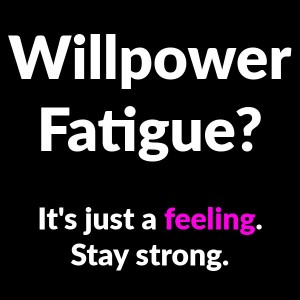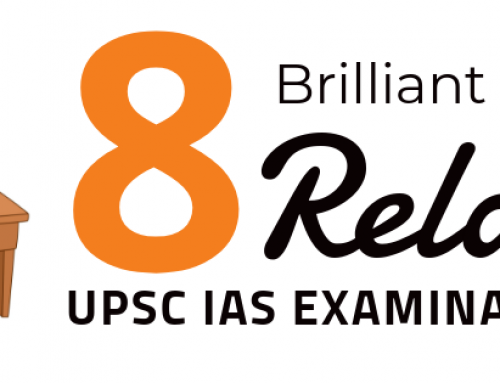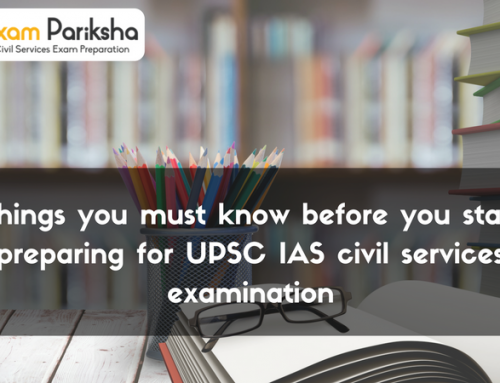Simply put, a person is said to be distracted when he/she loses his track and gets into the trap of other fascinating things or acts that the person wish or sometimes not wish to engage in. With the fast moving world, and the ever evolving technology, getting one’s mind away from the distractions is too big a challenge that everybody becomes a victim of it at some point in life.

How our Minds get Distracted?
It usually starts with a simple recreational activity by taking a break from the highly cognitive tasks at hand to some good music, videos, phone calls, chats, hang outs with friends and other such things that make you feel good. But when paid no attention, this soon converts into something that kills most of your productive hours and pose a lot of harm in the longer run.
Distraction often works similar to addiction, wherein, in the earlier stages there is not much loss and infact the people do it by choice in order to be more productive after a small break of time. But gradually, our mind starts enjoying the whole idea behind it and knowingly and unknowingly we kind of fall into a vicious circle where an escape is hard to find. When this process continues then the chain of distractions start and we don’t feel like doing something unless we have had our full dose of technology distractions enjoyed beforehand.
Sadly, by the time we are free and fulfil our appetite of distractions (activities that we enjoy doing) we often land in a pool of guilt and remorse which kind of kill the remaining time even more badly.

Distractions and Willpower: Who wins the fight?
Often people facing distractions report issues about their low self-control or willpower. They at times, start underestimating their self-control and put undue blame on it which leads to guilt and hopelessness in the individual. It’s always about how you perceive yourself, what kind of an image you set yourself into and soon things fall in place according to our thoughts. Since, self-control is self-regulated so our thoughts too, once we give up in our thoughts we actually give up literally and become a prey to this trained hunter called “DISTRACTION.”
We, have to learn the skill of nudging without nagging. This will train our willpower to perform the tasks we want to do without being much affected by what we are lazy about or what is keeping us from the tasks we want to do. To put this in simple words, I would highlight the difference between nagging and nudging. Nagging, (in respect to this write up we would talk about self-nagging) is a situation when we constantly harass ourselves to do something we have to do. Like, when comes the time when we have to cover the topics that we don’t really enjoy studying for an examination then we often start nagging ourselves about it, thereby torturing our own self. This in turn creates irritable behaviour and we tend to skip those topics altogether in order to avoid any kind of self-hurt.
Whereas, self-nudging is gently encouraging ourselves to do something without being too pushy or harsh on ourselves. Like, for example, we may first appreciate ourselves about all the tricky and conceptual syllabus that we have covered and then we may set some other targets for ourselves that we don’t really like but need to finish for clearing some examination. The best approach would be to cover such topics in parts (if large enough) or in one go (if small) in order to avoid any harassment on ourselves. Self-nudging can be done by gently reminding ourselves about the things that are supposed to be done. You may do this by setting reminders or alarms, keeping the tasks to be done in close view or in front of eyes, asking your close acquaintances to help you in this process, or by addressing such issues in groups in the form of a challenge or mutual tasks.

When we start using the idea of self-nagging then it usually, lowers our willpower leading to willpower fatigue and we end up hurting our self-esteem which definitely hampers our productivity. The idea though is to complete the important tasks at hand by adopting a creative way i.e. self-nudging where the task is done without giving any pain to ourselves or hurting our self-esteem. For using the concept of nudging we have to appreciate and respect ourselves, love ourselves and most importantly to stop judging ourselves. Once this is achieved, we can train and regulate our mind to do the tasks that we want to do without any delay.
So, it’s not always about who wins the fight ultimately between distraction and willpower, rather it is about the approach that we adopt to complete our tasks. It is very much dependent on setting priority about the kind of work we can do for a particular point of time. It is balancing the two i.e. willpower and distraction so that slight distractions don’t affect the willpower much and even bring us back to work with a better intensity.
Other Important Ways to Address the Distracters
Meditation:
Meditation is one such way by which we can have better control and live in the present with full consciousness. When we start living in the present then we can easily get away with the distracters and can become even more productive and fast at performing the tasks. This is all because meditation is a state of awareness, which makes you experience profound, deep peace and makes you alert. Of course when we are alert then distracters can easily be dealt with, without much pain.
Healthy Mind and Healthy Body:
Distraction might also be a result of poor mental and physical health. Whenever we put ourselves under lot of stress then not just our mental health but also our physical health is badly affected. In such a situation keeping a healthy and fit body is a gateway to be away from most of the distracters. When we are fit inside we perform better outside. So make sure to follow a good diet and workout regime everyday. This will not just keep you fit but also happy and most importantly more productive and successful.
Clean and Organized Surroundings:
It is often reported by many people that they are distracted easily and start doing things like arranging their clothes, books, and other household stuff when they are in midst of some important task. Though they try hard to avoid engaging in such less important tasks but they can’t just control the drive. This happens usually because their surroundings are all so cluttered that they just can’t resist arranging things even in the middle of some important task.
One can easily manage this drive by keeping the things organized and clean at the first step so that such distracter doesn’t really affect you at odd timing.
Explore, are you a NET JUNKIE?
Net junkie is a person who spends too much time on the internet, and comes on the verge of experiencing some real time withdrawal symptoms if kept devoid of the data services. Listed below is a checklist through which you can know whether you are a net junkie or not:
- Do you spend more than 2 hours of your work time doing unnecessary surfing on the internet?
- Do you often carry your mobile phone to the washroom?
- Do you use mobile phone or other devices while being at the dining space with other family members?
- Do you watch a series of irrelevant videos on the internet?
- Do you set a long list of reminders on your phone to recall even the smallest things?
- Do you keep yourself engrossed in your phone amidst a conversation?
- Do you indulge in cellphone as a substitute to a recreational activity?
If you meet any 4 of the above listed items then it’s a sign for you to be more alert about your internet use. At a boundary point while using something, there is just a hairline difference in using or abusing it. You have to identify your place so that you may prevent yourself from any damage that you might experience by crossing the boundary and going to the other side of the situation.
In the present time, once you identify this, your battle with distracters is already half won and the rest can also be mastered well with the crossing of this hurdle.
STAY FOCUSED……STAY SUCCESSFUL




